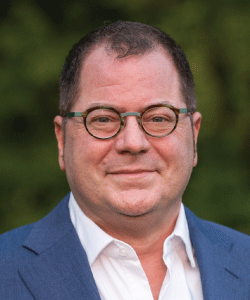In their diversity statements, most universities either frame the benefits of diversity from a moral perspective (e.g., increasing fairness and justice) or from an instrumental perspective (e.g., broadening horizons). In her research, APS Fellow and past Board Member Stacey Sinclair (Princeton University) has noted that framing diversity as a moral imperative implies that universities are attempting to correct unfairness, whereas instrumental framings make the benefits of diversity salient to members of more privileged groups. This instrumental view of diversity also tends to emphasize that increased diversity has positive effects on learning outcomes for everyone. However, “instrumental diversity” might provide more benefits for the majority groups than for the underrepresented groups it is meant to benefit.

(University of Wisconsin–Madison)
Sinclair’s findings align with the DEI programming in the Department of Psychology at the University of Wisconsin–Madison (UW–Madison), which frames increasing diversity as the right thing to do. “That argument can be very meaningful to scholars of color,” explained APS Fellow and Board Member Seth Pollak, the department’s recently appointed associate chair for Equity, Inclusion, and Diversity (EID). “You’re not bringing students and scholars of color to campus just to make a better learning environment for everyone. You’re making sure that you have a diverse program because it’s wrong not to have people of different backgrounds and ethnicities well represented in your program.”
Pollak, a White researcher who studies child development, stepped into this newly created position after a department meeting spurred by the death last May of George Floyd, a Black man in Minneapolis, Minnesota, at the hands of police. His death and others like it sparked conversations within the department about the need to become an anti-racist institution by making changes that could have an immediate impact.
Find the full article, from which this excerpt was taken, at www.psychologicalscience.org.
January 8, 2020